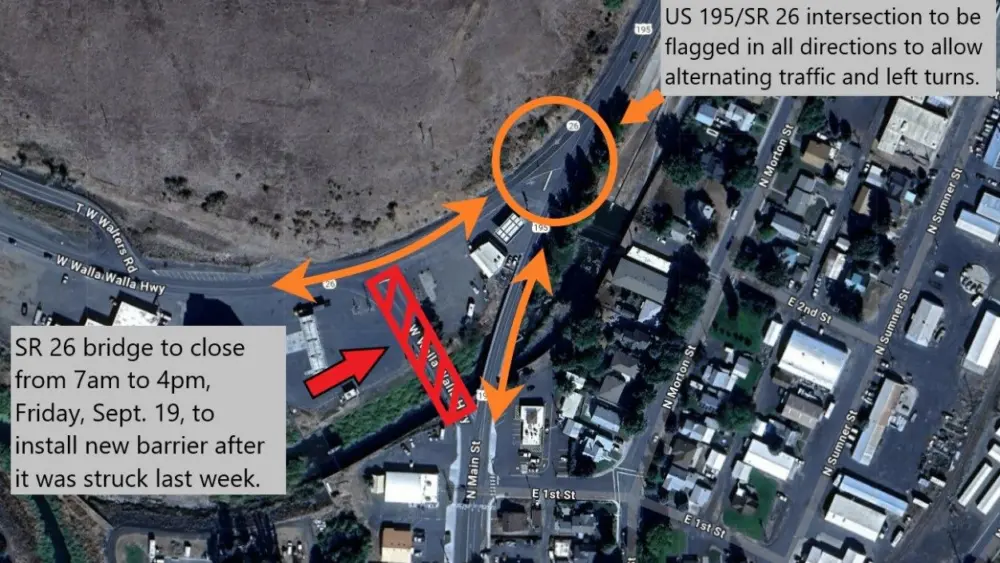(Pullman, WA) A new Washington State University Extension center will help support the mental health of thousands of workers and students statewide.
Recently named and approved by the WSU Board of Regents, the Center for Trauma Education and Community Health (C-teach) will provide training opportunities on burnout and resiliency in the workforce.
“Everybody encounters stress or gets overwhelmed by emotions at some point,” said C-teach Director Natalie Turner-Depue. “Regardless of your field of work or study, we can provide the tools, training, coaching, and skills to overcome adversity when it does happen.”
Located in the College of Nursing on the WSU Spokane campus, the new center replaces the old Child and Family Research Unit and operates within the College of Agricultural, Human, and Natural Resource Sciences. It will bridge health sciences to other WSU disciplines via Extension.
“C-teach is a true nexus of WSU Extension research and health sciences education, supporting the collective success of WSU’s faculty, staff, and future health professionals,” said Daryll DeWald, WSU Spokane chancellor and WSU Health Sciences executive vice president. “Through Dr. Turner-Depue’s visionary leadership, C-teach will now have an even broader impact on how we address trauma in our health professional programs and our state’s health care workforce.”
According to the U.S. surgeon general, workplace burnout affects as many as 60% of health care workers nationwide. Burnout is associated with mental health challenges like anxiety and depression, and it affects workers in many fields.
“We are creating content intended to support a multidisciplinary workforce, from education and medicine to business and agriculture,” said Turner-Depue.
The World Health Organization estimates that around 70% of people globally will experience a potentially traumatic event during their lifetime, and around 5.6% will display post-traumatic stress disorder symptoms. C-teach will lead training and professional development opportunities that help WSU faculty and staff spot and understand those symptoms of traumatic stress.
“Educators, social workers, health care providers, and others who serve traumatized populations are overwhelmed by what they’re hearing and experiencing,” said Turner-Depue.
This can cause some workers to prematurely drop out of a profession a lifetime in the making.
“Compassion fatigue is real, and it’s experienced by many,” she said. “We want to help these skilled workers manage their own mental health when they’re triggered.”
Turner-Depue encourages faculty, staff, students, and community partners to reach out to C-teach for support and expertise.
“We see the center as an opportunity to create intentional, collaborative partnerships across the university to strengthen grant writing, research, outreach, and teaching as it relates to the development and sustainability of trauma-informed systems,” she said.
Though the center’s immediate focus will be Washington state and the Pacific Northwest, Turner-Depue sees a lot of potential for a broader national impact.
“We want to be a model for higher education across the country,” she said. “While we’re never going to completely mitigate the effects of toxic stress or developmental trauma, providing support in the interim brings a sense of hope for the future. That’s something that everybody can benefit from.”





